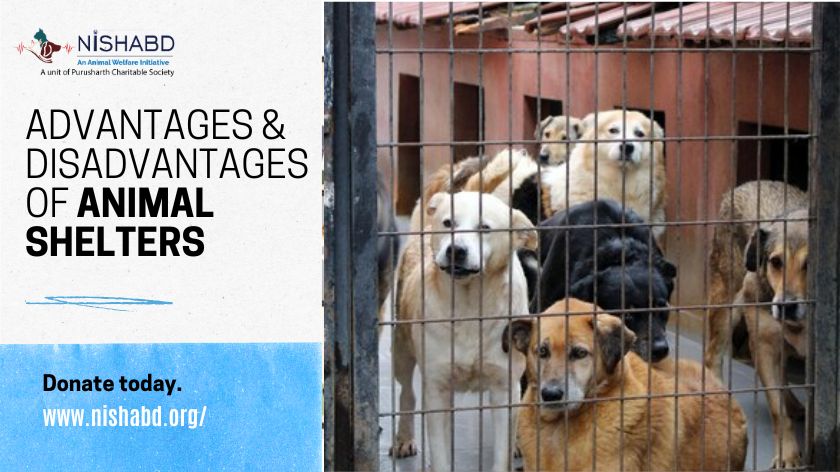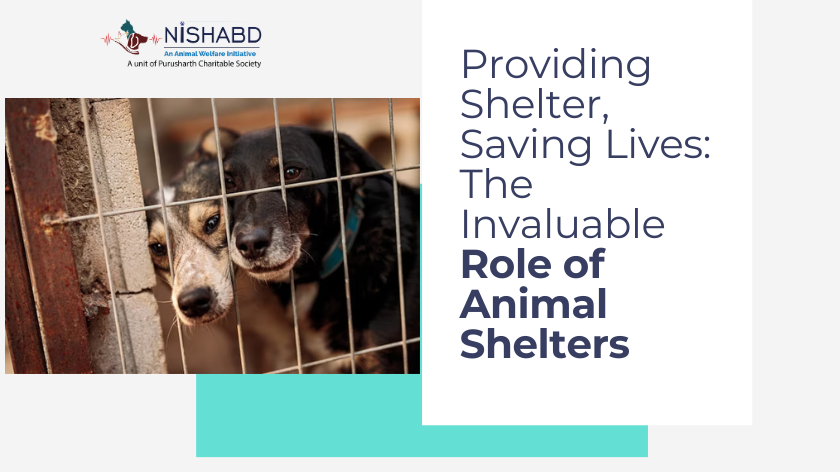What are the innovative ways to create a comfortable space for shelter dogs?
Making sure that there is a safe and comfortable environment for dogs in shelters is an essential task for dog shelters. The dogs who live in shelters typically are in stressful situations and therefore giving them a calm and hospitable surroundings can make a significant impact on their lives. A relaxing space can help reduce anxiety, encourages better behavior, and increases the chances of them finding a permanent home.
We’ll discuss various innovative methods to create a comfortable environment for shelter dogs, which can improve their overall health.
- Cozy Sleeping Areas
One of the simplest methods to make your pet feel at ease is to offer a comfy sleeping space. A lot of dog shelters have basic bedding, however you can take it one step further by providing soft comfy beds.Many dog shelters use basic bedding, but you can take it a step further by offering soft, comfortable beds. A blanket or soft toy can provide an element of security to the pets, reminding them of the comforts of home.
Making each dog’s bed unique could also lessen stress. The addition of the dog’s name on their kennel or providing them with an item that they are familiar with, can make them feel like they’ve got their own space in the shelter.
- Soothing Calming Music
Animal shelters can be noisy spaces with the sounds of barking, doors closing and opening. This can be a stressful experience for dogs. A creative method to create an atmosphere of relaxation is playing soothing music or sounds like the ocean, rain or birdsong. The research has proven that dogs are receptive to classical music and can even help lower stress levels.
Some dog shelters are even making use of special noise-canceling kennels, or soundproofing material to reduce the amount of noise. This will create a more silent, calm environment for pets, allowing them to be comfortable and secure.
- Aromatherapy for Dogs
Aromatherapy isn’t just a treat for humans. Dogs also benefit from it. Essential oils such as lavender or chamomile can provide a relaxing effect on pets. It is important to talk with your veterinarian prior to introduction of any new scents because some essential oils could cause harm to animals. Utilizing dog-safe diffusers in calm areas of the shelter could create a relaxing space in which dogs can relax.
You can also make use of natural scents such as lavender-scented sprays or bedding to create a peaceful environment throughout the shelter. This small change can help make the shelter appear more like a home and less chaotic place.
- Enrichment Activities
Engaging dogs in a stimulating way is essential to their well-being. Engaging in enrichment activities like chew toys, puzzle toys and interactive games can ensure that dogs are entertained and are less bored. These games not only enhance their mental health but also help them feel a sense of the importance of waiting for their perfect home.
Engaging toys that test the minds of dogs such as puzzles that give treats will keep them entertained for a long time. This is particularly beneficial in animal shelters, where the staff might not have the time to provide each dog with a specific attention all day long.
- Separate Spaces for Different Temperaments
Different breeds of dogs are not identical. Some dogs may be shy or anxious, while others may be more energetic or outgoing. In dog shelters, it is important to be aware of these distinctions and set up distinct comfort zones for each pet’s preferences. For instance, dogs who are shy might require quieter comfort spaces where they feel safe and not be overwhelmed by other dogs or noise. However, social dogs might prefer places where they can have conversations with other dogs or people.
The creation of different areas within the shelter will help your dog feel more comfortable, based on their unique personalities. If you can tailor the shelter to the dog’s personality and needs, you can greatly enhance their overall health.
- Temperature-Controlled Comfort Spaces
Shelter dogs come in all shapes and sizes, and some are more sensitive to temperature than others. Senior dogs, puppies, and short-haired breeds could get chilled easily, while longer-haired or larger breeds may find themselves too hot. Creating temperature-controlled spaces in the shelter ensures that all dogs remain comfortable, regardless of the weather outside.
Cooling mats or heating pads are employed in kennels to help ensure that the dogs are kept at a temperature that is comfortable for them. Certain animal shelters also have temperature control devices that alter the temperature on a regular basis, ensuring that the shelter stays at the right temperature for animals.
- Volunteer Programs for Human Interaction
Human interaction is a key factor in creating a cozy area for shelter dogs. Dogs love being socialized and having companionship. Regular interactions with volunteers will ensure that they feel safe. Many shelters allow residents to visit and spend time with dogs, whether it’s playing, walking, or sitting in their laps.
The human interaction will not only help the dog feel more relaxed, but it can also increase their odds of adoption, since they get more social and familiar with people. Interaction with humans regularly is among the most effective methods to help a dog feel secure and safe inside a dog shelter.
- Soft and Natural Light
Lighting plays an essential role in the well-being of dogs. Instead, using softer lighting or incorporating natural light can create a more soothing environment. A more gentle lighting or adding natural light can help create an atmosphere that is more peaceful. Animal shelters with big skylights or windows could let in natural light that has been proven to be calming on animals.
Instead, using softer lighting or incorporating natural light can create a more soothing environment. Also, you can use lamps with glowing warm colors to make the space feel more cozy.
Conclusion
Making a space that is comfortable for stray dogs isn’t solely about satisfying the basic needs of dogs, but creating a sense of security for them and love. They should also feel relaxed, comfortable, and secure. With the help of comfortable sleeping areas, soothing music as well as aromatherapy, enrichment activities outside spaces, and the ability to regulate temperature, animal shelters can provide a space that can help dogs thrive. With a little imagination and creativity, it is possible to transform an ordinary shelter into a comfortable area where dogs feel at home.




